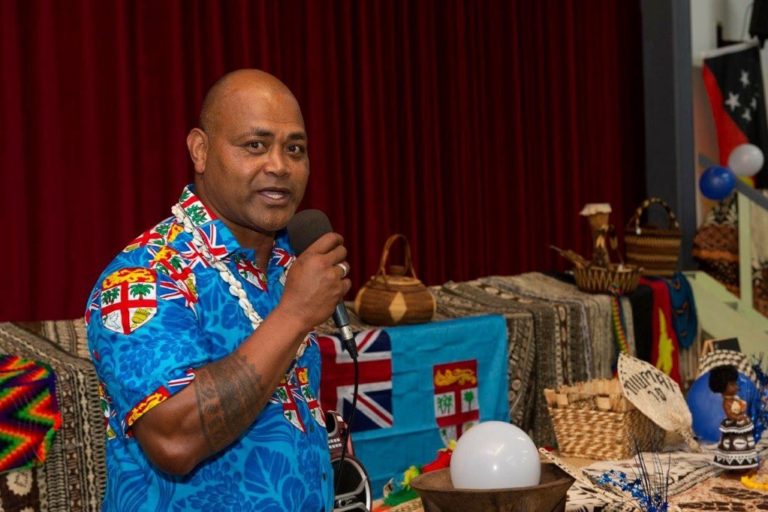By Neena Bhandari
Sydney, 18.06.2008 (IANS): Was Indian doctor Muhammad Haneef a victim of conspiracy for political gains? Documents obtained by Haneef’s legal team under Freedom of Information laws indicate that the then prime minister’s office became involved in the case within 48 hours of Haneef’s arrest in connection with the botched British bombings July 2, 2007.
Documents reveal officers from the then prime minister John Howard’s office and cabinet met with counterparts from the immigration and foreign affairs departments to discuss options for handling Haneef’s case July 4.
The former Gold Coast registrar was arrested at Brisbane airport on the night of July 2, just before boarding a flight to India.
According to reports in the local media, Haneef’s legal team has still been denied access to documents revealing who was at the meeting and to an options paper drawn up the next day.
An affidavit, dated June 5, 2008, from the immigration department’s first assistant secretary Peter Vardos, said all documents had been supplied to the Clarke inquiry “except for two”, according to media reports here.
While government lawyers agreed to provide more than 250 of about 280 documents sought by Haneef’s legal team after a Commonwealth Administrative Appeals Tribunal hearing in Brisbane Tuesday, 15 documents were excluded on the grounds that they were not covered under the Freedom of Information laws.
According to the Australian Broadcasting Corporation, the Tribunal Wednesday reserved its decision on whether to order the release of more immigration department documents to Haneef’s lawyers.
One of Haneef’s lawyers, Rod Hodgson, told the local media that the refusal to release all requested documents contradicted assurances given to the Clarke judicial inquiry, which is investigating the case, that it would receive full cooperation of all government departments involved.
So the question that arises is whether Howard colluded with then immigration minister Kevin Andrews to politicise the issue on the same lines as the 2001 Tampa Children Overboard controversy, whereby the Howard government ministers, in the lead-up to the federal election, had said seafaring asylum seekers had thrown children overboard to secure rescue and passage to Australia.
“In Tampa you had an election looming, there was an event involving overseas people which was seized upon and it had political consequences. In this matter, less than 48 hours after his arrest, the office of the prime minister and cabinet convene a meeting to discuss a matter involving terrorism and an immigrant,” Hodgson told The Australian.
However, Howard has denied any involvement in the handling of the bungled Haneef investigation, according to local media reports.
Haneef was incarcerated in Australia for three weeks last July after being charged with supporting a terrorist organisation by “recklessly” giving his mobile phone SIM card to people planning the botched London and Glasgow bomb attacks.
The charges were later dropped and Haneef returned to his family in Bangalore on July 29, 2007. His work visa was reinstated last December by the new Labour Immigration Minister Chris Evans.
The judicial inquiry, headed by former New South Wales Supreme Court justice John Clarke, is investigating the series of events from the arrest of Haneef at Brisbane airport on July 2, 2007, until his release from detention and return home to Bangalore on July 29, 2007.
Justice Clarke is expected to produce a public and a private report. He will report his findings to the federal government by Sep 30.
© Copyright Neena Bhandari. All rights reserved. Republication, copying or using information from neenabhandari.com content is expressly prohibited without the permission of the writer and the media outlet syndicating or publishing the article.


